Life and death, lifelong dedication
Born and raised in the heroic homeland with the song "Gai Noi Due - Cau Lim", now Tien Du commune, in 1972, following the sacred call of the Fatherland, the village girl Nguyen Thi Lien (born in 1954) in Due Dong quarter volunteered to join the youth volunteer force while the war against the US was raging fiercely in the North. Assigned the task of supporting combat, ensuring smooth traffic at the train station areas in Hanoi , not afraid of danger and hardship, the girl and her teammates leveled roads day and night, filled bomb craters, transported food, medicine, and military supplies to support the South.
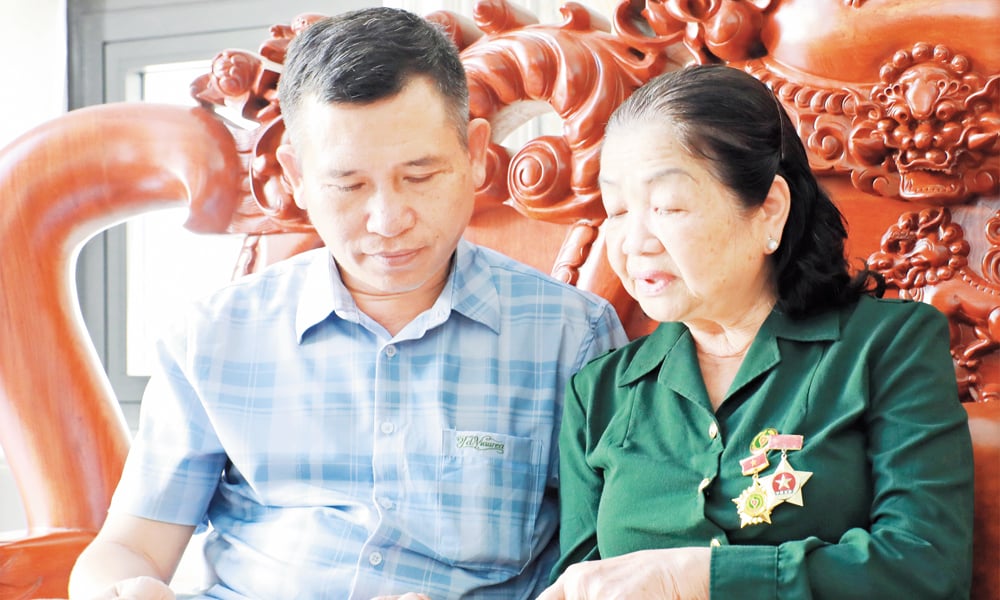 |
Ms. Nguyen Thi Lien shares her time participating in social work. |
Sharing about those years of "rain of bombs and bullets", Ms. Lien was moved: "My unit at that time mainly worked at night to make it easier to take shelter. Every two people were in charge of a modified vehicle transporting goods across the pontoon bridge. Day and night, the sky was filled with the sounds of planes, bombs falling, and fireworks exploding. It was dangerous and difficult, but we maintained the spirit of determination to die for the Fatherland." During the 12 days and nights of fire and smoke at the end of 1972, creating the famous victory of "Hanoi - Dien Bien Phu in the air", Ms. Lien was knocked unconscious many times by the pressure of bombs and bullets. Injured and losing 41% of her health, in 1974, the female youth volunteer returned to her hometown. After that, she applied to work at Ha Bac Food Company and retired in 2000. Returning to her hometown, Ms. Lien always set an example in movements and actively participated in social work. From 2016 to present, the female war invalid has held the position of President of the Association of Former Youth Volunteers of Lim town (old) with 28 members. She is always enthusiastic, responsible, and excellently completes the assigned tasks. On average, each year, she personally supports more than 10 million VND for the activities of the association. In particular, to fully express her gratitude to her comrades and share the difficulties with members in difficult circumstances, she advised on the establishment of the "Comradeship" club.
From the fund contributed by voluntary members and socialized sources, the club organizes meetings on anniversaries, holidays, Tet... for everyone to reminisce about the battlefield. When comrades encounter difficulties, illness, or sudden misfortunes, Ms. Lien always organizes visits, gives gifts of encouragement, and provides timely support. For example, the family of Mr. Bach Cong Tien and Ms. Le Thi Man, both born in 1945, both of whom are often sick, and their children are in difficult circumstances. From the club's fund and personal generosity, Ms. Lien supports her comrades' families with 500,000 VND every month. Or the case of Ms. Nguyen Thi Nhi (born in 1944), whose level 4 house has been in disrepair for many years, recently Ms. Lien called on benefactors to support the repair costs. Many members facing capital difficulties were enthusiastically guided by Ms. Lien on bank loan procedures and directly supported with interest-free loans, creating favorable conditions for teammates to stabilize their lives.
Wholeheartedly for the common good
The small house of the family of 1/4 disabled soldier Luong Thi Giang (born in 1949) is located on the hillside of Den Co village, Yen The commune. Looking at this petite woman, few people would think that she had spent her youth fighting bravely amidst bombs and bullets on the battlefield. In 1972, when the country entered the fierce stage of the resistance war against the US to save the country, the young girl from the heroic land of Yen The did not hesitate to write a volunteer application to join the youth volunteer force. She was assigned to ensure smooth traffic on the vital Truong Son route, supporting the battlefield in the South.
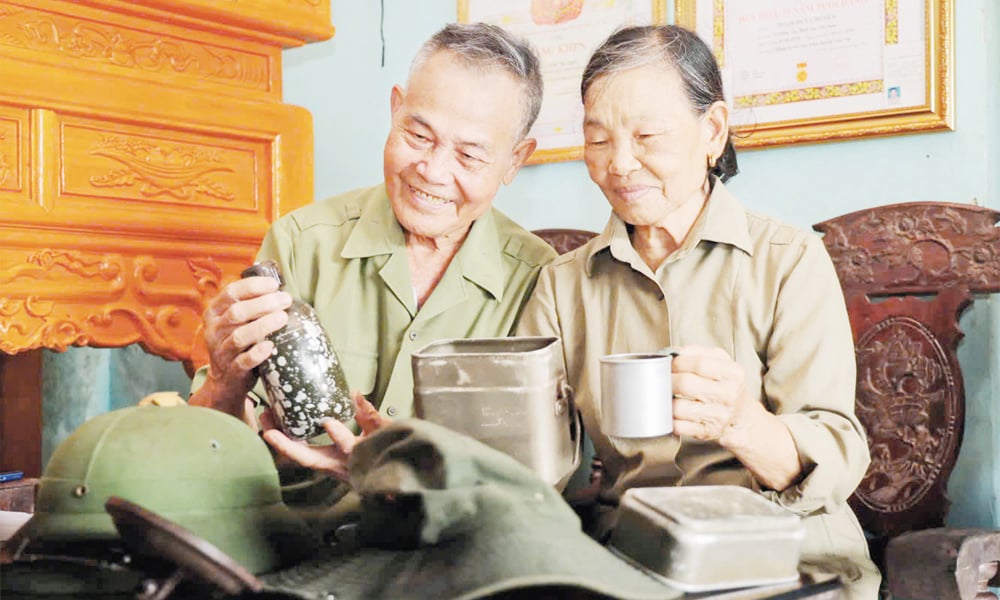 |
Mrs. Luong Thi Giang and her husband recall wartime memories through souvenirs. |
During the marching days to the South, her unit walked hundreds of kilometers, through rugged mountains and forests, and had to follow trails to avoid enemy planes. One of her most profound memories was the time marching through Dong Loc intersection. The whole unit had to calculate every distance and every step to march at the right time when there were no planes, because if they were just a few seconds late, everyone could be buried under bombs and bullets. During an inspection of the leveled road, Ms. Giang was injured by a mine explosion, leaving severe after-effects. After receiving intensive treatment, after the liberation day, she and her unit stayed for many more months to continue overcoming the consequences of war, opening roads, building bridges, contributing to connecting the two regions of the South and North.
Following Uncle Ho's teaching: "Disabled but not useless", Ms. Giang continued to participate in local work. In 1976, she was assigned to work for women in the district. Thanks to her enthusiasm and responsibility, after a while, she was appointed as the District Inspector, and retired in 2000. Continuing to contribute to society, she took on the role of Vice President and then President of the Association of Former Youth Volunteers of Tam Hiep Commune (old). In any position, she always devoted herself to the common work; encouraged members to unite, actively produce, support each other in economic development, and build new rural areas.
Previously, funerals in the commune were quite cumbersome and costly, many families scattered votive papers, organized large and long meals. Ms. Lien and members of the Executive Committee of the Commune's Association of Former Youth Volunteers coordinated with the Commune's Association of the Elderly to develop a plan and actively participate in overcoming this limitation. To push back backward customs, first of all, each member must set an example in implementing a new lifestyle for their children and grandchildren to follow. With that in mind, when a member passed away, the executive committees of the branches visited, encouraged, and supported the organization of the family's funeral. Up to now, funerals in the commune have had clear changes: No hired mourners; no funeral music played past 10 p.m.; only prepare feasts to invite relatives and guests from afar; cremate the body.
Ms. Nong Thi Tuyet Thanh, former President of the Women's Union of Yen The district (old) commented: "War invalid Luong Thi Giang is a typical example, dedicated, responsible, and enthusiastic. Despite her old age, she is always at the forefront of union work, contributing to strengthening camaraderie, supporting and helping many members in difficult circumstances."
Do not give up in the face of hardship
Ms. Dang Thi Thu Hoai (born in 1956), in Chu ward, is a 3/4-class disabled veteran. More than 40 years have passed since leaving the army, but she has always maintained the qualities of a Ho Chi Minh soldier. In 1974, at the age of 18, Ms. Hoai enlisted in the Political Department of the 4th Army Corps (Cuu Long Army Corps) - a unit stationed in Ho Chi Minh City. Her job was to compile and print documents for propaganda purposes in the army. This was a quiet but very important task in political and ideological work.
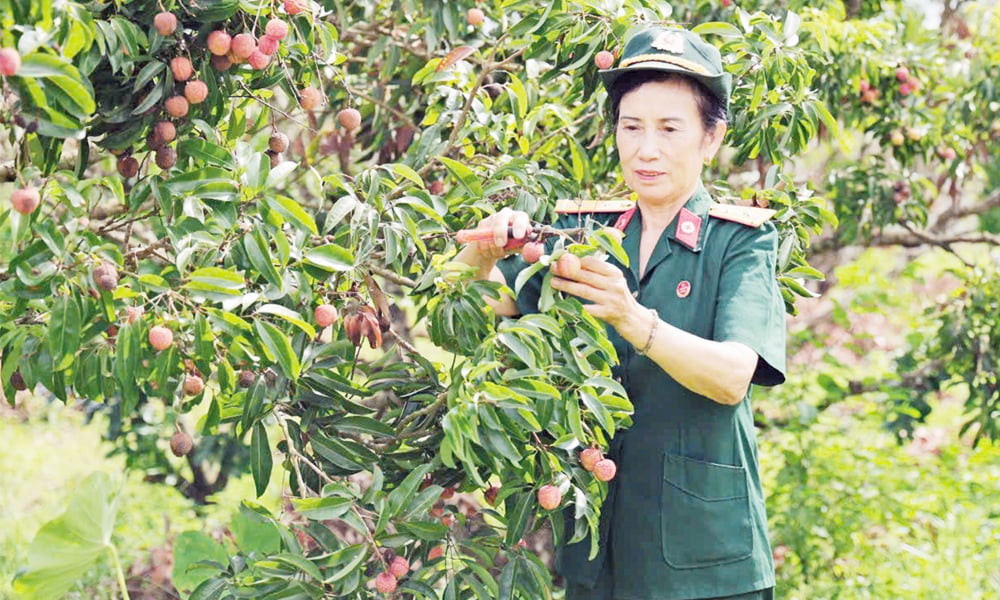 |
Ms. Dang Thi Thu Hoai has a stable income from growing lychee. |
In 1978, she and her teammates were sent to Cambodia with Vietnamese volunteer soldiers to help their country fight against the Pol Pot genocidal regime. During a business trip, her group unfortunately encountered a mine. Ms. Hoai suffered a serious head injury, affecting her eyes and part of her left body. Due to her health not being able to cope with work in the military environment, she transferred to the commercial sector, working in Dong Nai. In 1980, Ms. Hoai and her husband, Mr. Nguyen Van Can (also a war invalid from the American resistance war), returned to his hometown in Chu ward to start a business. In the early years, family life was extremely difficult, both husband and wife had war wounds, and their children were still young. With more than one hectare of barren rice fields and many failed crops, the will and determination of Uncle Ho's soldiers did not allow Ms. Hoai to falter. Every day, she cycled to the market from Chu to Tan Son and then down to San market... to sell vegetables, tubers, and fruits to earn money to make ends meet. From the savings, she and her husband bought more buffalo, cows, poultry, and renovated more than 1 hectare of hill garden to grow lychee. At the same time, they applied advanced technical methods in care, helping the trees grow well and yield high yields. Each harvest season, she sold tons of fruit, bringing a stable source of income for the family. In addition, she also shared her experiences and supported people in the village in how to grow and care for lychee safely. In 2015, her husband passed away, she shouldered all the family's responsibilities, continued to strive to improve, and boldly borrowed bank loans to develop production models. With perseverance and a spirit of continuous learning, Ms. Hoai maintained and expanded the lychee model in the direction of clean production, with stable consumption links. Each year, her family earned a profit of 200-250 million VND. Now, her children are all grown up, have stable jobs, and are well-behaved and good students. More than a year ago, Ms. Hoai rented out her lychee garden to someone else to have more time for her children and grandchildren.
The examples of female war invalids are living proof of the mettle of Vietnamese women. They are steadfast in the face of hardship, resilient in everyday life and always devoted to the community. Their journey is not only a memory of a time of war but also a flame that inspires today’s young generation to continue training and striving.
Source: https://baobacninhtv.vn/xung-phong-thoi-chien-ven-nghia-thoi-binh-postid421787.bbg






![[Photo] National Assembly Chairman Tran Thanh Man attends the VinFuture 2025 Award Ceremony](/_next/image?url=https%3A%2F%2Fvphoto.vietnam.vn%2Fthumb%2F1200x675%2Fvietnam%2Fresource%2FIMAGE%2F2025%2F12%2F05%2F1764951162416_2628509768338816493-6995-jpg.webp&w=3840&q=75)
![[Photo] 60th Anniversary of the Founding of the Vietnam Association of Photographic Artists](/_next/image?url=https%3A%2F%2Fvphoto.vietnam.vn%2Fthumb%2F1200x675%2Fvietnam%2Fresource%2FIMAGE%2F2025%2F12%2F05%2F1764935864512_a1-bnd-0841-9740-jpg.webp&w=3840&q=75)
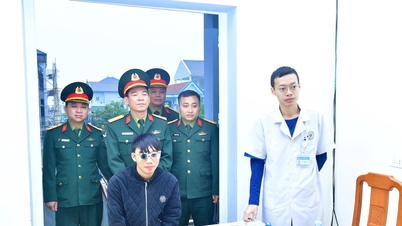

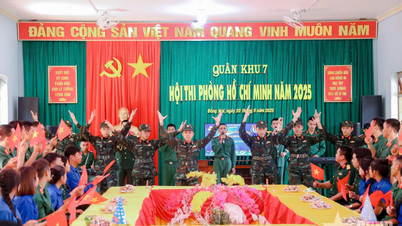

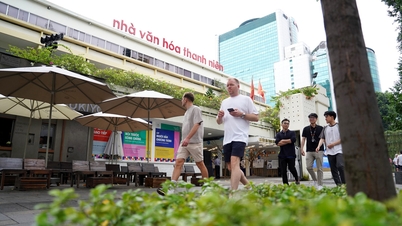

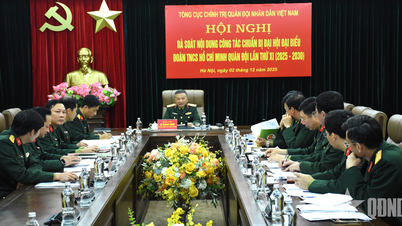
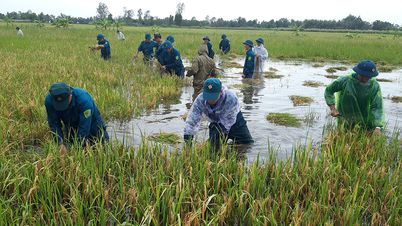
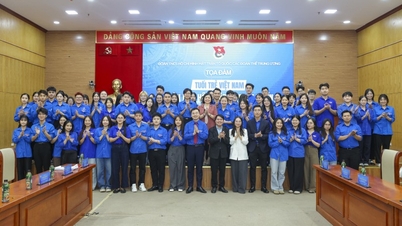



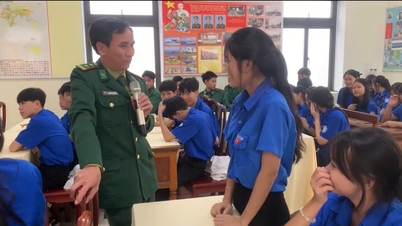

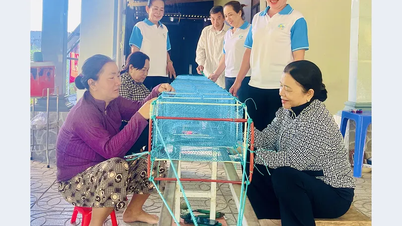

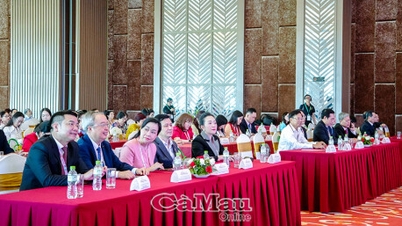



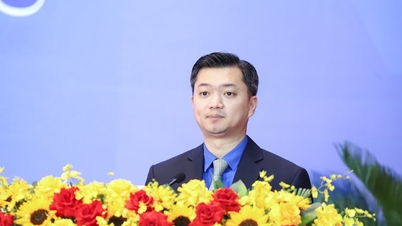





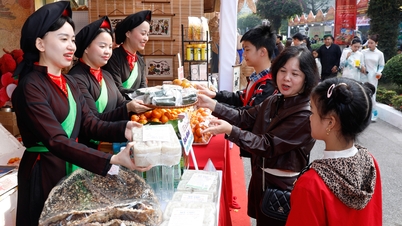
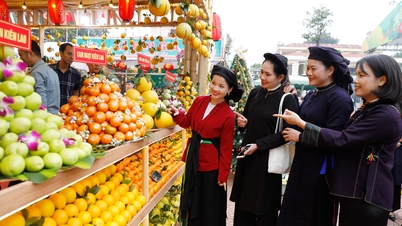
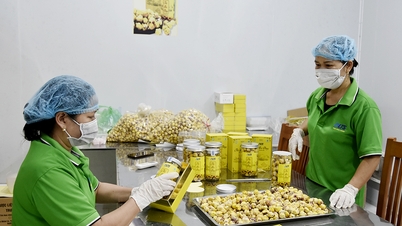
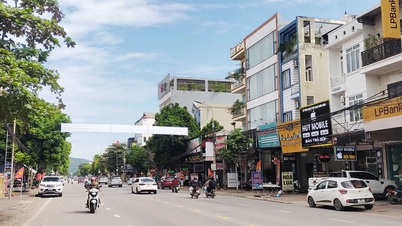

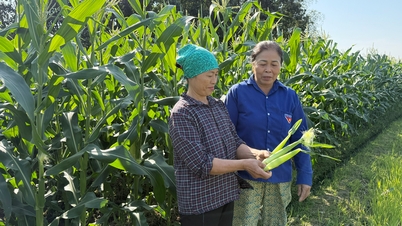






































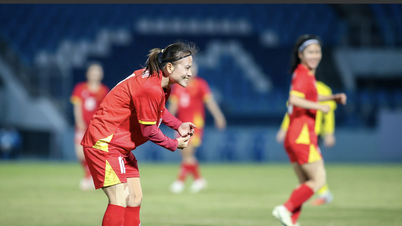




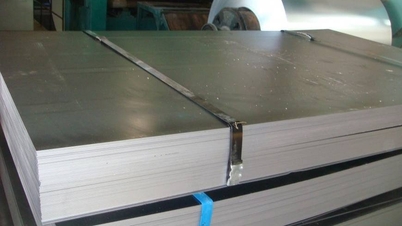




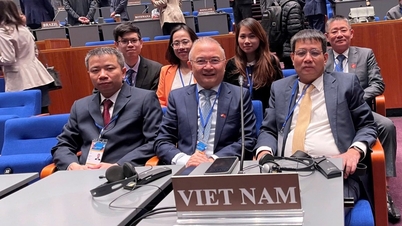


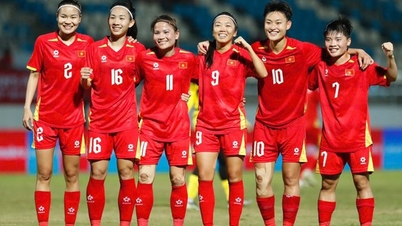



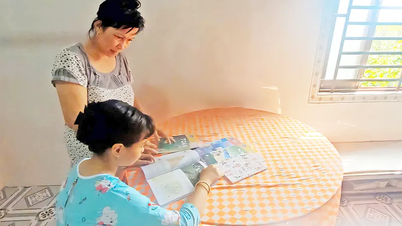
















Comment (0)